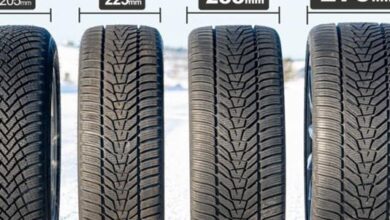Does Tires Wide affect the performance of the car in winter?
If you live in an icy part of the world, you’ll likely come across the assertion that narrow tires provide better grip in the snow. Conversely, you may have encountered the argument that wider tires excel because they provide a larger rubber surface, resulting in increased stability. So what is the correct statement? Well, Tire Review decided … Continue reading Does Tires Wide affect the performance of the car in winter?
